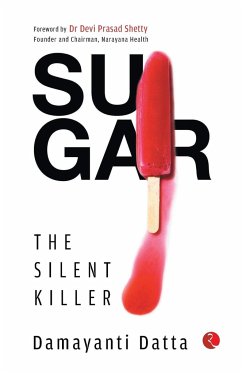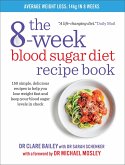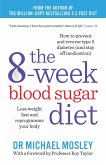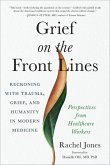India has a ravenousappetite for the sweet stuff, way above any other country, if both traditionaland modern sugars are counted. We also take excessive amounts of poor-qualitycarbohydrates, especially, refined cereals like white rice and white wheat,sugar-sweetened drinks and fruit juice, sweet treats and savouries, whichultimately turn into glucose, a simple sugar the body uses for energy. AndIndians today manifest an increased predilection for diseases linked to sugar(and the fat with which sugar is inextricably linked): obesity to diabetes,heart disease to hypertension, cancers to dementia, Covid-19 to black fungus. Despite a longassociation with sugar, there has been very few attempts to understand sugar'shold in India. Books have been written mainly on the sugar industry, some ondiabetes and low-sugar diets. Sugar: The Silent Killer attempts to fillthe lacunae. It attempts to demystify the way we eat now, the pre-eminence ofrefined sugar in our diet, what it does to us and what we can do to mitigateits malign influence. Weaving together history, culture and science, it seeksto analyse why we have such an intimate relation with sugar, why it holds on tous so doggedly, why we do can't do without it, even when we know it can harmus.
Bitte wählen Sie Ihr Anliegen aus.
Rechnungen
Retourenschein anfordern
Bestellstatus
Storno









